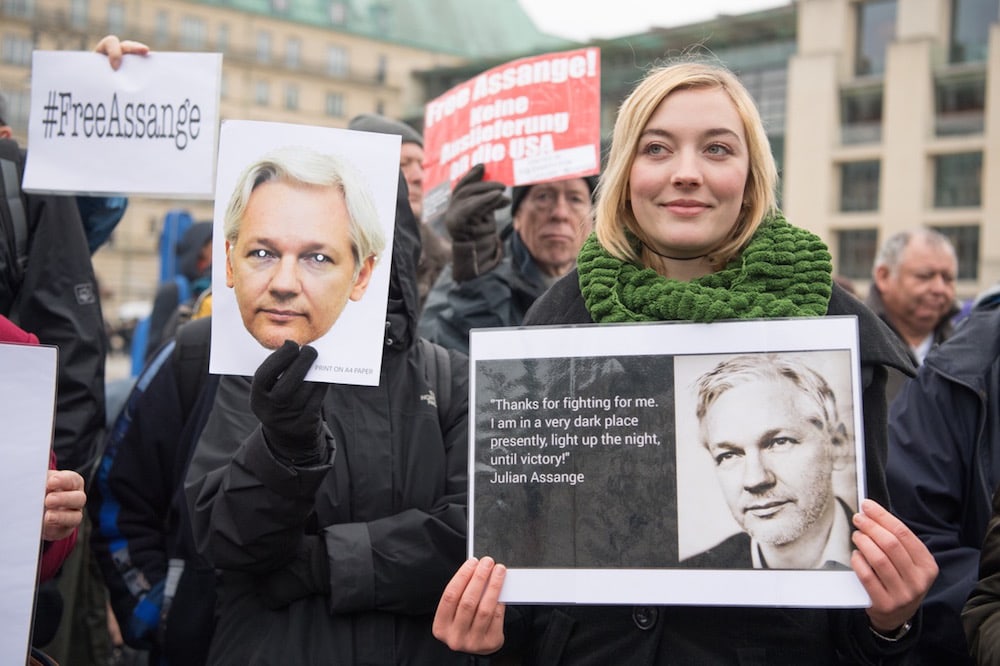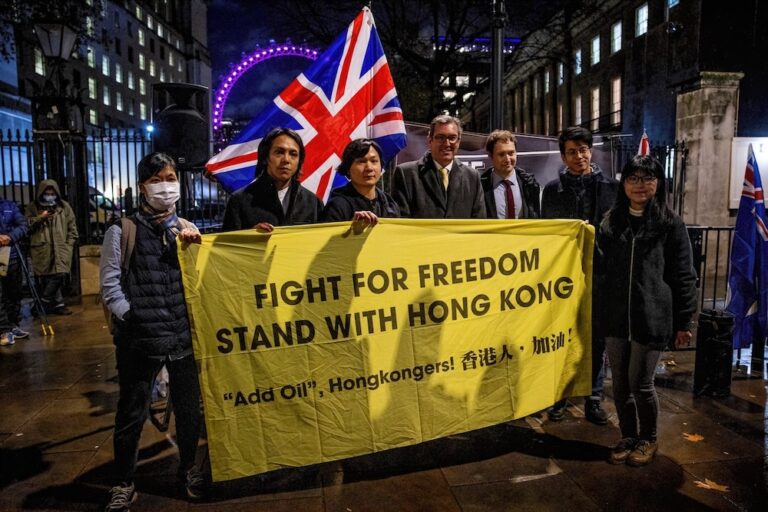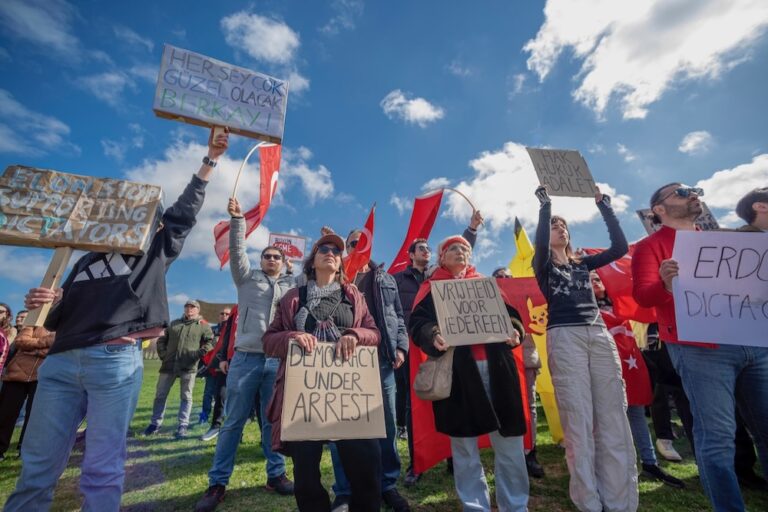Two months before Assange's extradition hearing, RSF calls on the US to drop its Espionage Act charges against him, and for the Wikileaks publisher to be released on grounds that his health has seriously deteriorated whilst in detention.
This statement was originally published on rsf.org on 24 December 2019.
Reporters Without Borders (RSF) is alarmed by reports that Wikileaks founder Julian Assange’s health has deteriorated in detention, and calls for his immediate release on humanitarian grounds. RSF condemns the continued targeting of Assange for his journalistic-like activities, which sets a dangerous precedent.
Assange’s extradition hearing is due to begin at the Westminster Magistrates’ Court in London on 24 February. RSF is concerned by reports that Assange has had insufficient opportunity to prepare for this hearing, and that his lawyers do not have adequate access to him in prison. Both of these measures violate his fundamental rights. RSF representatives plan to monitor the extradition hearing.
RSF is deeply concerned by the statement issued by UN Special Rapporteur on torture Nils Melzer on 1 November, in which he “expressed alarm at the continued deterioration of Julian Assange’s health since his arrest and detention earlier this year, saying his life was now at risk.” A group of more than 60 doctors also issued a similar warning in an open letter dated 25 November, expressing concern that Assange’s health was so bad he could die in prison without urgent medical care.
Assange appeared in a Madrid court via videolink from the UK on 20 December as part of an investigation into his allegations that a Spanish firm spied on him while he lived inside the Ecuadorian embassy in London.
RSF has previously condemned the US government’s targeting of Assange for his journalistic-like activities, as classified documents leaked by WikiLeaks led to journalistic revelations that were in the public interest. Assange should not be prosecuted for being an intermediary between a whistleblower and media outlets. In the US, Assange faces a total of 18 charges, 17 of them under the Espionage Act, which has been increasingly used by the Trump administration to target reporting and whistleblowing on matters related to national security.
“We are alarmed by the current state of Julian Assange’s health, and call for his immediate release on humanitarian grounds, said RSF Secretary-General Christophe Deloire. Assange is being targeted by the US for his journalistic-like activities, which sets a dangerous precedent for press freedom. The journalistic community in the US and abroad is worried that these proceedings take the criminalization of national security journalism to a new level. This precedent could be used to prosecute journalists and publishers in the future for engaging in activities necessary for public interest investigative reporting. The US should cease its persecution of Assange and drop the charges under the Espionage Act without further delay.”
RSF has expressed concern that leak prosecutions under the Espionage Act do not adequately protect whistleblowers; defendants are not permitted to present a public interest defence, and prosecutors need only show that the leak could have harmed national security – not that it actually did. RSF worries that targeting Assange under the Espionage Act could set a dangerous precedent.
RSF has also condemned the decision by the UK Home Office to green-light the US extradition request. Assange currently remains detained at Belmarsh prison, awaiting his US extradition hearing, after receiving a 50-week sentence in May 2019 for breaking bail by seeking refuge at the Ecuadorian Embassy in London in June 2012, where he remained until his removal and arrest in April 2019.
The US and UK are currently ranked 48th and 33rd respectively in RSF’s 2019 World Press Freedom Index.`



